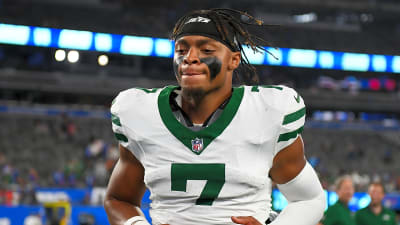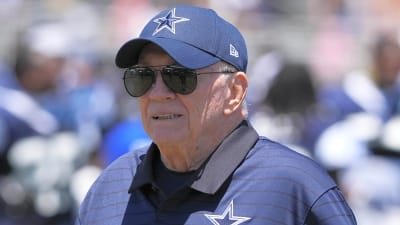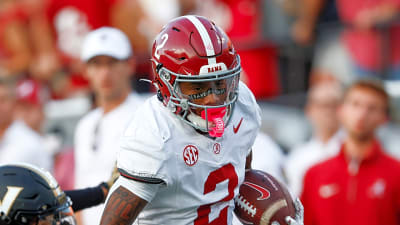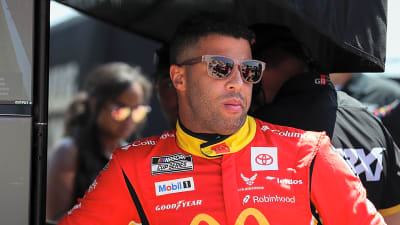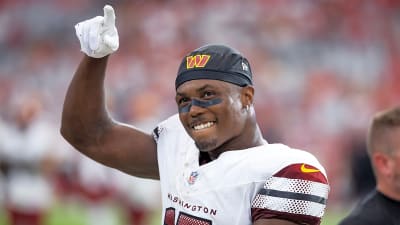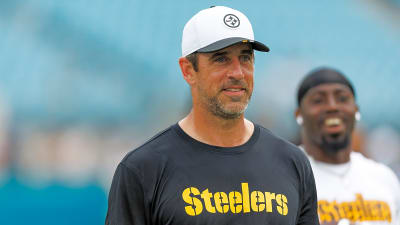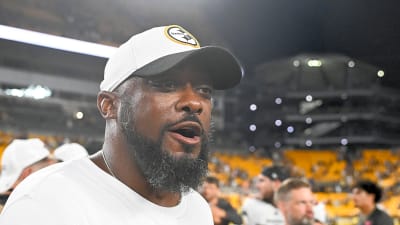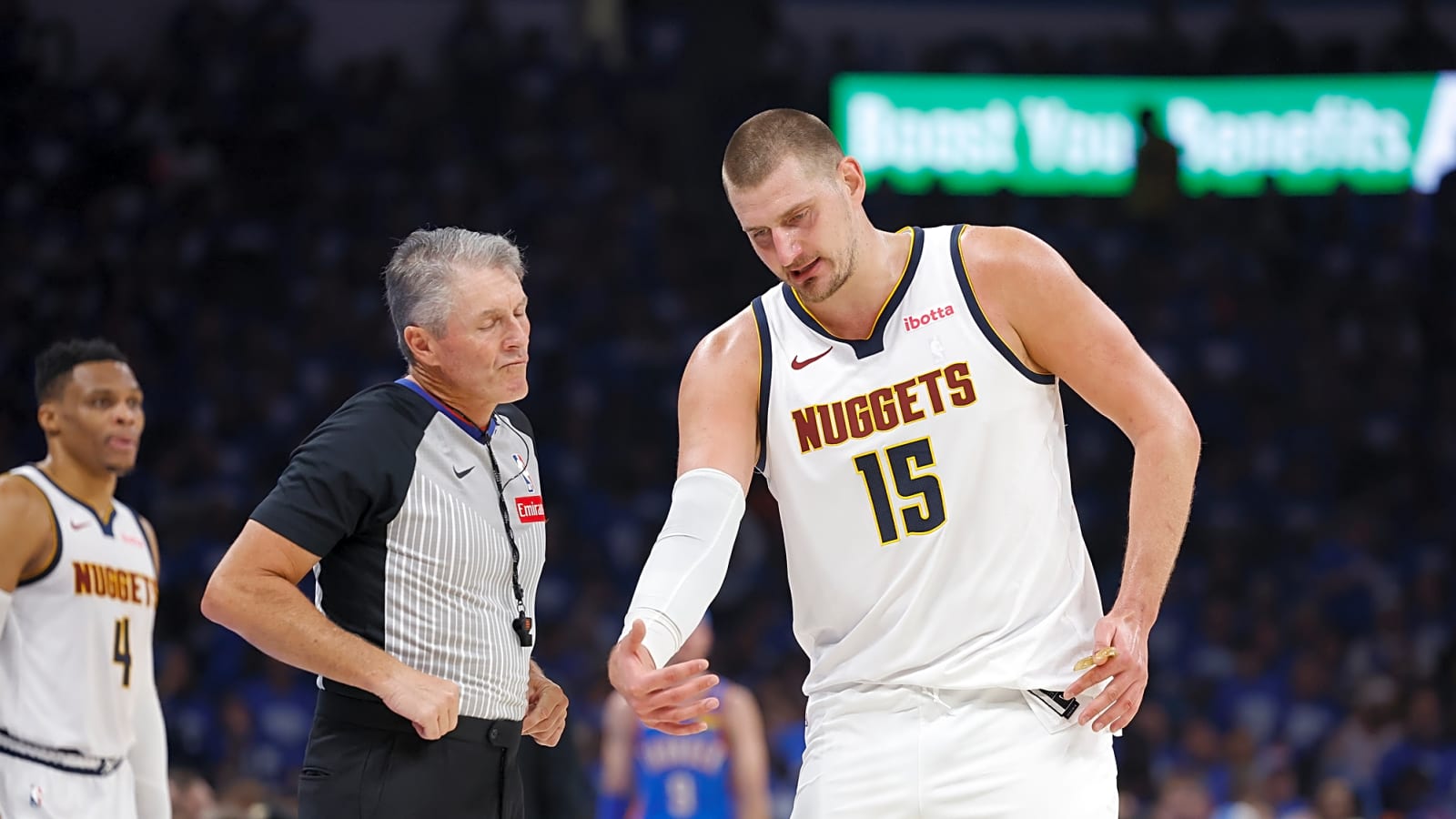
In the coming weeks and months, the Denver Nuggets will face what might be the most critical offseason of the Nikola Jokic era.
They’ll need to hire a head coach. They’ll need to name a permanent general manager. And they’ll need to figure out how to build a roster deep enough to support a championship-level core that, while still elite, ran out of gas.
Because make no mistake, the wheels finally came off. Denver’s 125-93 loss to the Oklahoma City Thunder in Sunday’s Game 7 wasn’t just a bad night — it wa s the final page of a book that’s been writing itself for weeks.
The Nuggets were living on a short bench, on borrowed health, and with little margin for error. And on Sunday afternoon, under the bright lights at Paycom Center, that margin evaporated.
The defeat sends Denver home earlier than planned, but there’s no shortage of optimism surrounding the franchise. There’s also no shortage of questions.
Last year’s second-round exit at the hands of the Minnesota Timberwolves sparked legitimate talk about whether Jokic and Jamal Murray had already peaked together. This year? Different story. This run proved the core is alive, still dangerous, and perhaps just a few pieces away. Aaron Gordon took another leap, playing through injury and giving the Nuggets some of the most impactful basketball of his career. But depth? Not there. Not even close.
“You just can’t win in this league without depth anymore,” Jokic told reporters. “You see it with Oklahoma City, with Indiana. They come at you in waves. We didn’t have that.”
And he’s right. The NBA has shifted again. The era of the top-heavy superteam is over. Today’s contenders win with balance, with benches that go nine deep, not six. The Thunder threw bodies at Jokic and Murray like a college football team rotating defensive linemen. Denver, meanwhile, crossed its fingers every time it turned to the bench.
Yes, there were flashes. Julian Strawther gave them 15 points off the bench in Game 6. But that was the outlier. Game 7 was the no rm — a team with nowhere to turn, and too many minutes weighing down its stars.
And now? Now the Nuggets enter a defining summer.
Their first move: figure out who’s calling the shots. Calvin Booth was dismissed as general manager in April, and sources told Sam Amick and Tony Jones of The Athletic that no progress has been made on hiring a permanent replacement.
Interim GM Ben Tenzer remains a candidate. Same goes for interim head coach David Adelman, who stepped in after longtime head coach Michael Malone was let go late in the regular season. By all accounts, Adelman has support in the locker room, including from Gordon, who said, “I love DA. I hope he’s here next season.”
But roster construction is the real Rubik’s Cube here. Denver has no first-round pick in the 2025 NBA Draft. The second apron of the CBA hangs over them like a thundercloud. They have limited cap flexibility and not much in the way of attractive trade chips.
Which brings us to Michael Porter Jr.
He’s still just 26, still one of the best shooting wings in the league when healthy, and played through a left shoulder injury that might’ve shelved him in a different context. He’s a valuable starter, but he may also be the team’s most viable trade asset. Denver considered dealing him at the deadline — one rumored scenario included Zach LaVine — and that discussion is likely to resurface.
Russell Westbrook, meanwhile, remains a puzzle. He was a force in the first-round win over the Clippers. In t he second round? Unplayable at times. Still, the Nuggets had to play him. There weren’t any other options.
“I don’t know what I’m doing,” Westbrook said Sunday of his player option for next season.
That uncertainty echoes through the entire organization. But it’s also what makes this offseason so intriguing. For all their flaws, the Nuggets nearly made the Western Conference finals. They did it with six-and-a-half playable guys. And they did it after a season that nearly fell off the rails entirely in March.
It’s easy to forget just how bad things looked before the shakeups. Denver was drifting. Uninspired. Their defense was porous, their energy low. Then Booth and Malone were gone, and something clicked. The Kings game. The Clippers comeback. The straw-that-stirred moment wi th Strawther. The bench celebrations. They started to look like a team again.
“The Sacramento game told me everything I needed to know,” Adelman said. “Those guys wanted to win. They weren’t done.”
So here we are: The core is intact. The window isn’t closed. But the formula has to change. You can’t sprint through an 82-game season with a skeleton crew and expect to have legs left in May.
Denver knows this. They know what’s broken. Now they have to fix it.
“I still believe we can win another one,” Murray said. “I’m not discouraged. We’ve just got to build it up again.”
For now, all eyes turn to the front office, to the bench, and to the calendar. The Nuggets have answers to find. They just need someone to start asking the right questions.
More must-reads:
- Report reveals how hard Warriors tried to trade for LeBron James
- Five NBA teams that aced the offseason
- The '2024-25 NFL rushing touchdown leaders' quiz
Breaking News
Trending News
Customize Your Newsletter
 +
+
Get the latest news and rumors, customized to your favorite sports and teams. Emailed daily. Always free!
